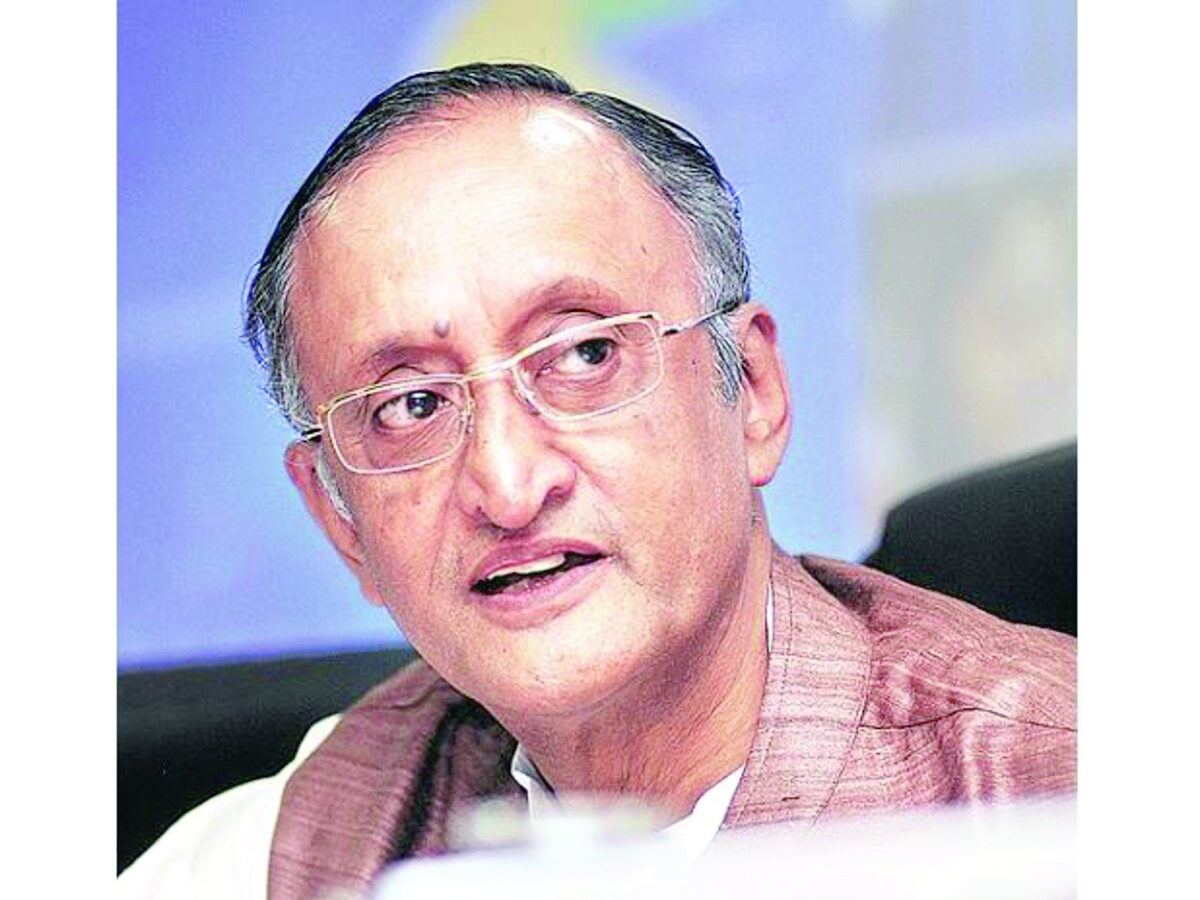IP Univ to host 9th International Nitrogen Conference
Amit Mitra says he has deep concerns about the GST-related frauds & the ‘web of regulations’ which he said was overpowering for micro, small & medium enterprises

Amit Mitra, Special Advisor to Chief Minister Mamata Banerjee on Finance, wrote a letter to Finance minister Nirmala Sitharaman on Monday on the proliferation of GST frauds and the web of regulations becoming overpowering for the MSMEs so much so that they are on the verge of deregistering back to their informal status. Mitra has urged the Union minister to call a GST Council meeting to discuss these issues.
“Both of these, humongous fraud taking place in the country today and the deep suffering of the MSME in the current GST system require a total rethink by the Govt. of India and the GST Council on the very structure and function of GST,” the letter by Mitra read.
“It is astonishing that from your own Government’s admission in the Lok Sabha Rs 1.15 lakh crores of fraud has been detected from GST invoices between 2018-19 and 2022-23. It is also shocking that out of 69,426 GST Identification Numbers verified during the last two months, 20,893 were found to be simply non-existent — fraudulent. Amount of GST evasion detected during the last two months came to the tune of Rs 19,638 crore.
“May I point out that out of the 1.4 crores businesses registered with GST only 0.42% of registered tax payers were verified, which yielded the shocking 30% non-existent and fraudulent registrations,” the three-page letter stated.
The economist further drew Sitharaman’s attention to the complex web of GST that has been thrust upon the small and medium enterprise (MSMEs) stating that till date 770 notifications have been issued.
“The rates of more than 400 items of Goods and around 100 categories of Services have been changed till date.
“How do you expect that a MSME company would be able to cope with this gargantuan regulatory structure!?” He questioned. The letter further states that though the intent of GST was to bring in the informal sector entrepreneurs into the formal arena through a simple and transparent GST system, the unfortunate fact today is that 90% of the GST is contributed by large taxpayers who can cope with this complex web of regulations.



